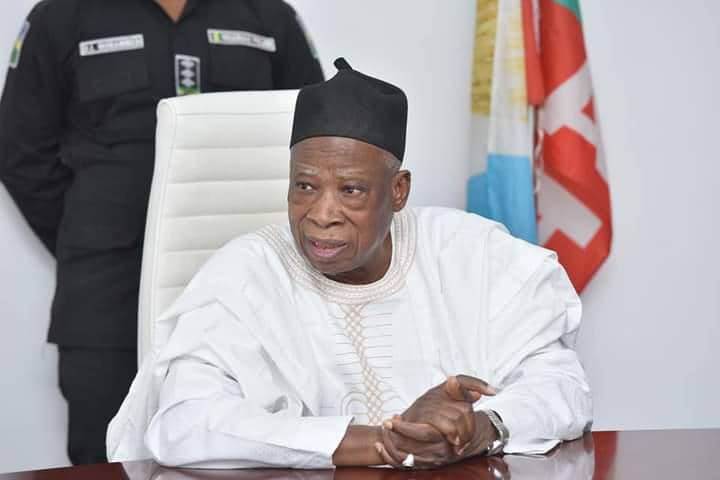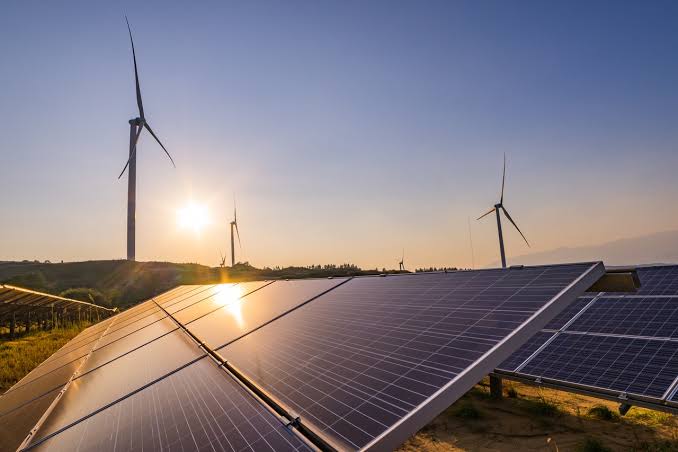Zainab Ahmed, minister of finance, budget and planning, says Nigeria needs $1.9 trillion to achieve a carbon-neutral economy by 2060.
Ahmed said this on Wednesday at the official global launch of the energy transition plan by Vice-President Yemi Osinbajo.
Ahmed said the plan requires significant financial support.
“According to the plan, delivering Nigeria’s net-zero target plan requires spending $1.9 trillion up to 2060, including $410 billion above business-as-usual,” she said.
Advertisement
“This additional financial requirement breaks down to $150 billion next expense on improving generation capacity, $135 billion on building transmission and distribution infrastructure, $79 billion on developing clean cooking solutions, $21 billion on decarbonising industries, and $12 billion on transport and another $12 billion on oil and gas decarbonisation.”
Ahmed added that the country would need to crowd in about $10 billion per annum till 2060 to deliver the additional funding required for implementing its energy transition plan.
“Access to finance remains the biggest challenge for accelerating climate and development action in Africa,” the minister said.
Advertisement
“At COP 26 in Glasgow, G7 nations announced an $8.5 billion South Africa just energy transition partnership to support the nation’s coal phase-out. We hope that this, in fact, sets the precedence in clean energy offers to developing countries and emerging markets like Nigeria.”
On his part, Mele Kyari, group chief executive officer (GCEO), Nigerian National Petroleum Company (NNPC) Limited, said the national oil firm, as a fully-commercialised enterprise, is well-positioned to lead the African continent in a just and gradual energy transition.
“Nigeria, like any other African country, is endowed with increasing (sic) young population which needs a strong economy to continue to generate beneficial employment and lift citizens from poverty to prosperity,” he said.
Also speaking at the event, Babatunde Fashola, minister of works and housing, said following the approval of the energy transition plan by the federal executive council (FEC), an energy transition implementing working group was established based on the directive of President Muhammadu Buhari.
Advertisement
Fashola said the working group, created as part of the government-wide approach for the delivery of the plan, is chaired by Osinbajo, “and includes the minister for the environment, power, petroleum resources, foreign affairs, and works and housing, as core members”.
“Our whole government approach signals the existence of a significant political and social will for the achievement of Nigeria’s energy transition goals. Furthermore, the plan, which is geared towards low carbon development of energy systems across five key sectors— power, industry, cooking transport, and oil and gas — is inherently more multi-sectoral and requires an interdisciplinary approach.”
He added that the working group and its secretariat — the energy transition — office have worked to ensure alignment across government ministries, departments and agencies (MDAs) and have shared the plan with key development partners.
Advertisement
Add a comment






